The Best 6th Grade Math Curriculum
Choosing a math program is a highly personal choice for each family. A child’s learning preferences, special needs, and natural inclination or aversion to math, as well as a parent’s preference for instructing their child or pursuing a more student-directed route, play greatly into the choice of curriculum. With over seven years of experience and involving hundreds of experts (math professors, data scientists, teachers, and homeschool parents), our team has identified the best math curricula available today for every learner.
These top math curricula are designed to make it easy for any parent to help their 6th grader learn and love math. There’s no perfect math program for every child, so we included an ideal child archetype with each curriculum option to help you determine if it could be a good fit for yours. If you’re interested in learning more about an individual program, follow the links provided for detailed reviews and insights. We’ve also included information about academic standards for 6th grade math, developmental milestones.
Don’t consider yourself “a math person?” We’ve also included two videos about how to help your kids with math if you don’t think you’re a math person - or don’t think your kid is. (Spoiler alert: you may be more of a math person than you think).
About Your Guide
This guide was written by Manisha Snoyer, the CEO of Modulo and a former K12 teacher and tutor of 20 years. She has spent the last seven years researching and testing math curricula to develop this guide. Jeremy Howard, a world-renowned data scientist, educator, and father in our community, has been instrumental in advising us through this process of researching options, testing curricula with his own child and their friends, and evaluating options over the course of nearly three years. Hundreds of math majors, math professors, child life specialists, teachers, and parents contributed to reviewing and testing these curricula.
How We Tested
We reviewed feedback from over 100,000 homeschool parents, many of whom were teachers. We consulted with mathematicians, data scientists, and math educators. Our own teachers tried dozens of different math programs, reviewing them for pedagogical approach and accuracy. We also observed over 500 students representing nine different learning profiles trying the math programs.
What We Looked For
Mastery-Based: Concepts are ordered in a way that makes sense for learning, allowing students to move forward at their own pace.
Conceptual vs. Procedural: Focus on deep understanding of mathematics and problem-solving rather than rote memorization.
Fun and Engaging: Learning should be a joy, not a chore. Programs that kids immediately engage with and ask to use more often.
Scientifically Accurate: Programs without factual errors, based on scientific understanding, with correct answers.
Secular: No religious content or references.
Ease of Use for Parents: Easy for parents to guide learning, even if they struggled with math themselves.
Good User Experience: Programs should not be buggy and should be easy to follow, whether digital or physical.
Complete Curriculum: Everything needed to learn math at home.
Aligned with US School Standards: Ensuring students learn the skills needed to stay at or exceed grade level.
From this, we chose these top math curricula that we believe will provide a solid math foundation and accelerate children’s learning. Here are our top picks for 6th grade math curriculum options:
1. Beast Academy Online
Best for Gifted Kids and Children on the Autism Spectrum
Beast Academy Online is a highly engaging, mastery-based digital math curriculum designed for children in grades K-8, with a particular emphasis on gifted kids and children on the autism spectrum. Priced at $15 per month or $96 per year, it includes over 20,000 problems, puzzles, and activities along with 1,000+ lessons. Developed by award-winning math team coaches, this program fosters a deep understanding of mathematical concepts and problem-solving skills through games, videos, and comic book-style lessons. Here’s my interview with Jason Batterson, co-founder of Beast Academy.
2. Beast Academy Books
Best for Kids Who Love Comic Books and Graphic Novels
For children who prefer physical materials, Beast Academy Books offers an engaging alternative. Suitable for grades 2-8, these books are filled with colorful comic book-style illustrations that make learning math fun. Each level costs about $27 for a set of a guide and practice book. The program is designed to encourage a love of learning through engaging characters and stories, making it ideal for children who enjoy comic books and graphic novels while mastering complex math concepts.
3. Right Start Math*
Best for Hands-on Learners and Children with Dyscalculia
Right Start Math is an excellent choice for hands-on learners and children with dyscalculia, spanning grades PreK-12. It uses visual and kinesthetic techniques, such as games and a two-sided abacus, to build a deep understanding of math concepts. Although it requires significant parent involvement, this curriculum is highly effective for students who benefit from interactive and tactile learning. Prices vary, but a starter kit for the elementary levels costs around $200, with additional costs for higher levels.
4. Prodigy Game
Best for Kids Who Love Video Games and Most Aligned with School Standards
Prodigy Game is a free, game-based math curriculum for grades 1-8 that aligns with state standards. It transforms learning into an adventure where students solve math problems to progress in the game. Prodigy is particularly suited for children who enjoy video games and might otherwise resist traditional math exercises. There is also a premium membership available for $4.99 per month, which provides additional features and allows parents to track their child's progress more closely.
5. Singapore Math
Best for Gifted Kids Who Love Workbooks
Singapore Math is a well-regarded, mastery-based curriculum for grades PreK-8 that emphasizes problem-solving and deep understanding of mathematical concepts. It is particularly suitable for gifted children who enjoy workbook-based learning. The cost for Singapore Math materials is approximately $15-20 per book, and it is recommended that parents purchase both the textbook and workbook for each level. The structured, progressive approach of Singapore Math helps students build a solid foundation in math.
6. Math Antics
Top Pick for Kids Who Love Learning Through YouTube
Math Antics is a popular online resource for grades 3-8 that offers engaging video lessons on various math topics. While not a complete curriculum, it is an excellent supplement for students who enjoy visual and auditory learning through YouTube videos. The website provides additional worksheets and exercises for a nominal fee, enhancing the learning experience. Math Antics is particularly effective for reinforcing specific skills and concepts in a fun and accessible way. Check out Rob’s most popular video on long-division.
7. Thinkwell Homeschool*
Best for Older Kids and Children Starting High School Math Who Learn Well Through Online Courses
Thinkwell Homeschool offers comprehensive online math courses for grades 6-12, making it ideal for older students and those starting high school math. The program includes video lessons, quizzes, and interactive exercises, with prices starting at around $125 per course. Thinkwell’s engaging video lectures by award-winning teachers help students grasp complex concepts, making it a great choice for self-motivated learners who thrive in an online environment. Jasmine, who now tutors your kids math on Modulo, is one of many homeschoolers who has thrived with the Thinkwell online Math and Physics courses. She’s so impressive, I’ve interviewed her twice!
8. Khan Academy
Budget Pick Aligned with School Standards
Khan Academy is a free, online educational platform that provides math lessons for grades K-12. Aligned with school standards, it offers video tutorials, practice exercises, and personalized learning dashboards to help students progress at their own pace. Khan Academy is an excellent budget-friendly option for parents looking for comprehensive, standards-aligned math instruction that can supplement or replace traditional curricula.
9. DragonBox Apps
Innovative Games for Learning Various Math Concepts
DragonBox offers a series of innovative digital apps designed to make learning math fun and engaging for children ages 5 and up. These apps cover a range of topics, from algebra (DragonBox Algebra 5+ and 12+) to number sense (DragonBox Numbers) and geometry (DragonBox Elements). Each app uses interactive games and activities to teach mathematical concepts in a visual and intuitive way. Priced at around $25 per app, DragonBox is an excellent tool for reinforcing various math skills and making abstract concepts more accessible to young learners.
How to help your child with math if you’re “Not a Math Person”
In this episode explores a common dilemma faced by many parents and educators: the belief that they are not "math people." The episode delves into the societal and educational roots of this mindset, emphasizing how such beliefs can inadvertently affect children’s attitudes toward math. I challenges listeners to reconsider their self-perception regarding mathematical abilities, offering insight into how the brain's neuroplasticity supports learning at any age. I emphasize the importance of a growth mindset in overcoming math anxiety and fostering a love for learning, and discuss the broader purpose of learning math. The episode also provides practical, highly actionnable advice for helping kids of any ability learn math, love math, and excel at math, highlighting the various resources and how they can help
P.S. There’s no such thing as “not a math person”
How do you help your kids with math if you are not a "math person" yourself? Harmful myths about innate ability and who gets to be a “math person” are pervasive. In this brief presentation, Rachel Thomas, P.H.D. will explore misconceptions, cultural factors, & research studies about why people have negative feelings about math (spoiler: it's not about your capability). We will then spend most of the time in Q&A and discussion. Rachel Thomas has a PhD in mathematics, and has taught math, coding, and data ethics in a variety of settings, including in-person universities, online courses, and a non-traditional bootcamp for adult women changing careers. She is the co-founder of Fast.Ai and professor of practice at QUTDataScience
Academic Readiness
6th Grade Math Concepts According to US Standards
In 6th grade, students typically cover the following math concepts according to US standards:
Ratios and Proportional Relationships
Understanding and using ratios to solve problems
Equivalent ratios and determining unit rates
Solving problems involving proportional relationships
The Number System
Division of fractions by fractions
Multiplying and dividing multi-digit decimals
Finding common factors and multiples
Understanding and performing operations with integers (positive and negative numbers)
Absolute value and ordering of rational numbers
Expressions and Equations
Writing and evaluating algebraic expressions
Understanding and applying properties of operations (associative, commutative, distributive)
Solving one-variable equations and inequalities
Understanding and using variables to represent numbers in real-world problems
Geometry
Understanding and calculating area, surface area, and volume of geometric figures
Graphing points on the coordinate plane to solve real-world and mathematical problems
Recognizing and solving problems involving nets for three-dimensional shapes
Statistics and Probability
Understanding and interpreting data distributions
Summarizing and describing distributions with measures of center (mean, median) and variability (range, interquartile range)
Representing and analyzing data using histograms, box plots, and dot plots
Understanding and calculating probabilities
Developmental Milestones
The 6th Grade Mind and Its Cognitive Capabilities in Mathematics
By the time children reach 6th grade, their cognitive abilities have developed significantly, enabling them to handle more complex and abstract mathematical concepts. At this stage, 6th graders are typically capable of:
Abstract Thinking: They begin to understand and manipulate abstract concepts, such as variables and algebraic expressions. This development allows them to solve more sophisticated problems and understand the underlying principles of mathematics.
Logical Reasoning: 6th graders can follow multi-step procedures and use logical reasoning to solve problems. They are able to understand and apply mathematical properties and relationships, which helps them in algebra and geometry.
Proportional Reasoning: Students are starting to grasp ratios and proportions, which are foundational for understanding relationships between quantities. This skill is crucial for topics like scaling, fractions, and percentages.
Operational Fluency: At this age, students improve their ability to perform arithmetic operations with greater speed and accuracy, including operations with fractions and decimals. This fluency is essential for tackling more complex mathematical tasks.
Spatial Visualization: Their spatial reasoning skills are more refined, allowing them to understand geometric concepts such as area, volume, and surface area. They can visualize and manipulate shapes mentally, which aids in solving geometry problems.
Data Interpretation: 6th graders can collect, represent, and interpret data using various graphical methods. They start to understand measures of central tendency and variability, which are key for statistical reasoning.
Problem-Solving: They are becoming more adept at approaching and solving diverse mathematical problems. This includes breaking down complex problems into manageable steps and checking their work for accuracy.
Overall, 6th graders are transitioning from concrete to more abstract mathematical thinking, which sets the stage for more advanced math in the coming years. Their growing cognitive abilities enable them to tackle a broader range of mathematical concepts with confidence and curiosity.
Affiliate Disclaimer
Some of the curricula we recommend have affiliate links. This means when you follow the link and purchase their curriculum, Modulo receives a small referral commission. (You do not pay any extra.) Affiliate links do not impact our recommendations or choice of curriculum here. We chose all these programs before we requested to develop a partnership with them. All curricula we have active affiliate relationships with are marked with a star (*) in their title. Think of it as a way to keep the lights on while we continue to bring you the best math programs for your kiddos!
These varied options cater to different learning styles and needs, ensuring that every 6th grader can find a math curriculum that helps them thrive.
Need a Math Tutor?
The Modulo team of learning experts will personally design a unique math class and choose the ideal tutor to meet your child’s needs, empowering them to love and excel in math, no matter where they are starting from. Each family is matched with a learning specialist to support their child, family and tutor in reaching the ideal educational outcomes. Our tutors have experience working with a wide variety of learning and social-emotional considerations including children diagnosed as profoundly gifted, gifted, with dyscalculia, autism, ADHD, dyslexia, multiple learning considerations and 2e kids.
Learn more about our process and pricing here or contact us with additional questions.
We also offer free math tutoring to underserved families via our non-profit masteryhour.org.




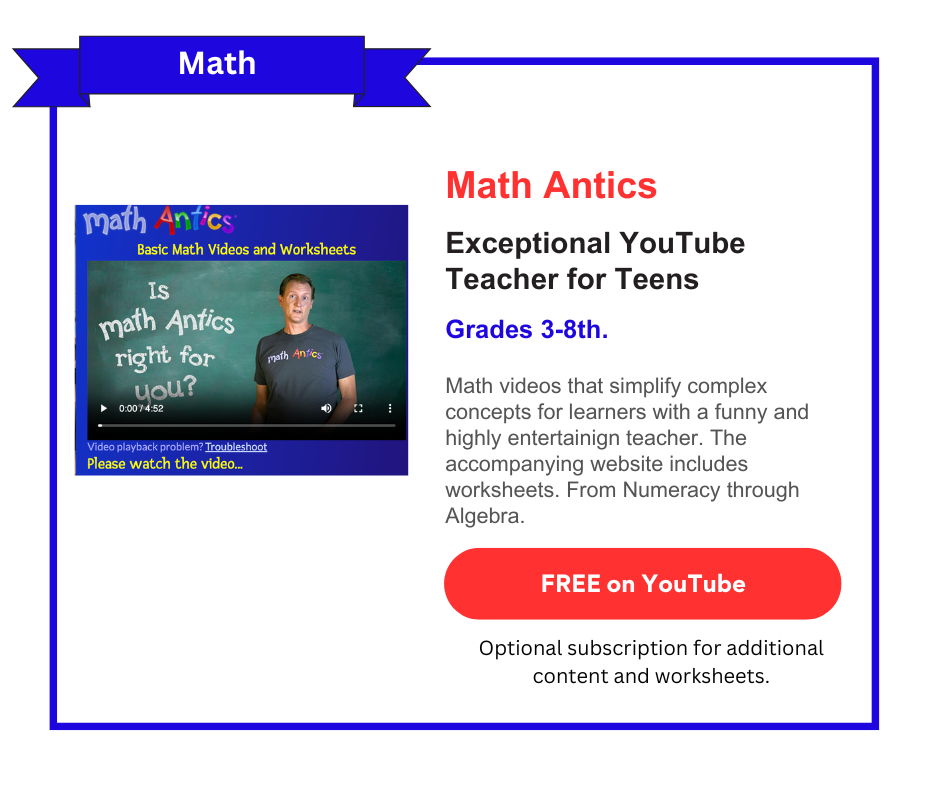


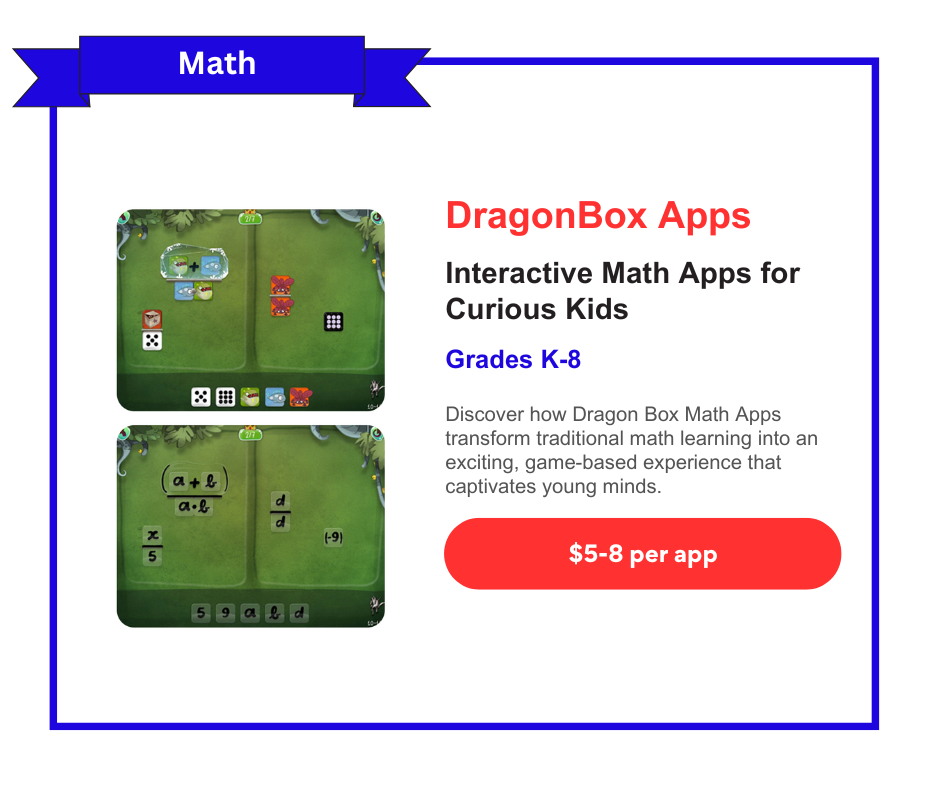
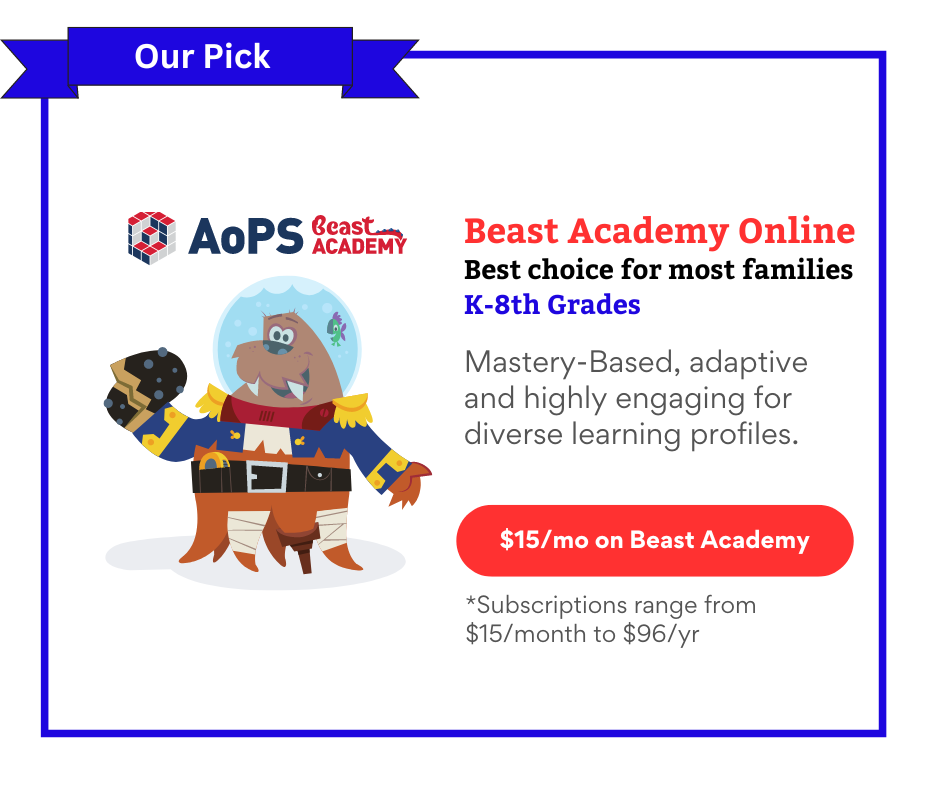
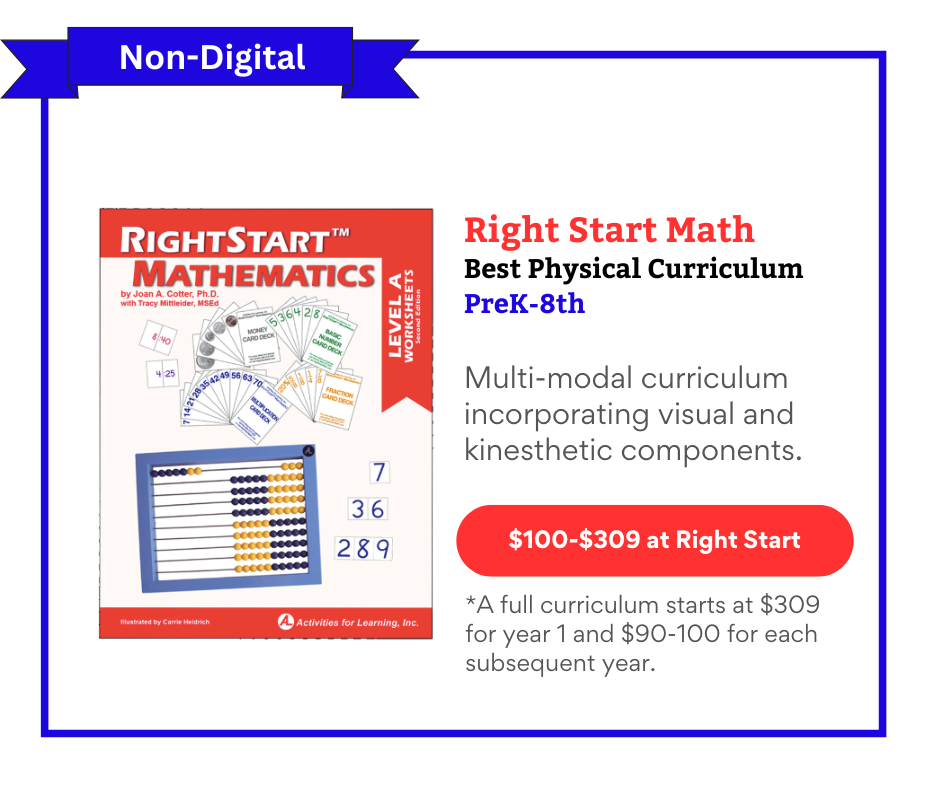
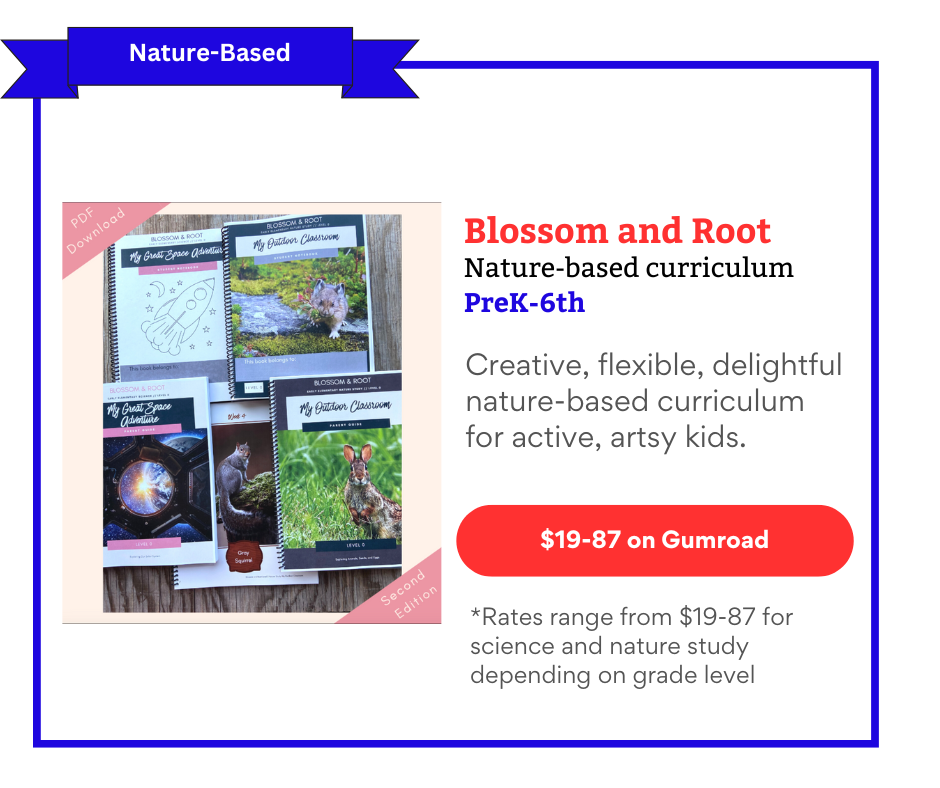

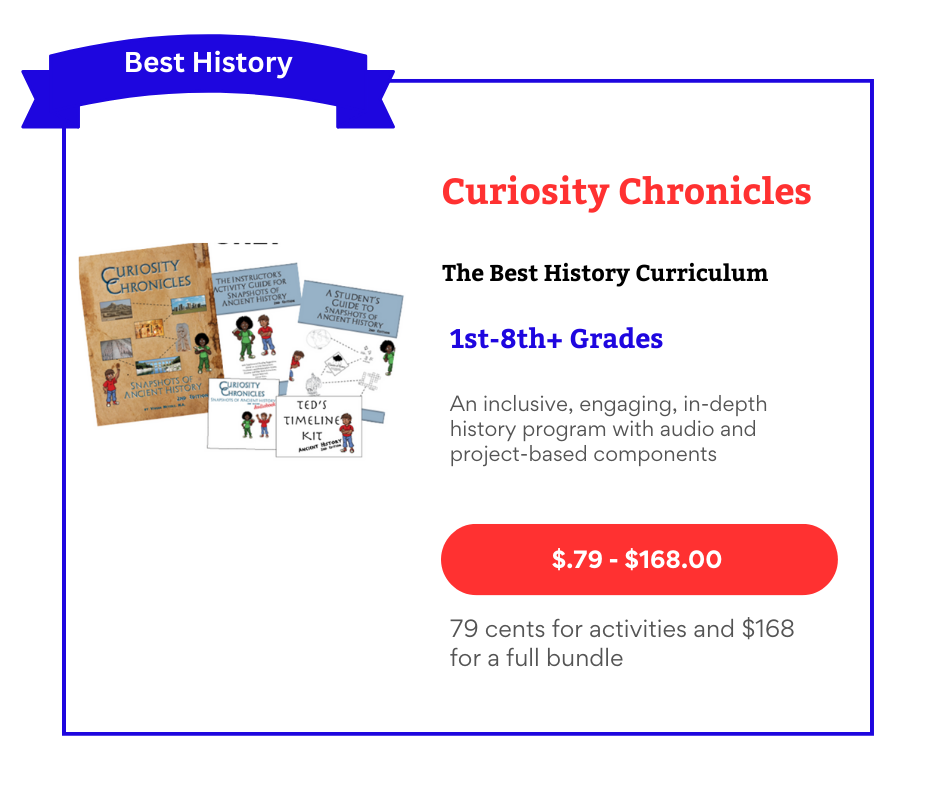
Explore real parents' experiences with Prodigy the Game as a learning tool for their children. Discover the pros, cons, and key tips for utilizing this engaging, game-based math platform effectively. Learn who it's best suited for and how to maximize its educational benefits.